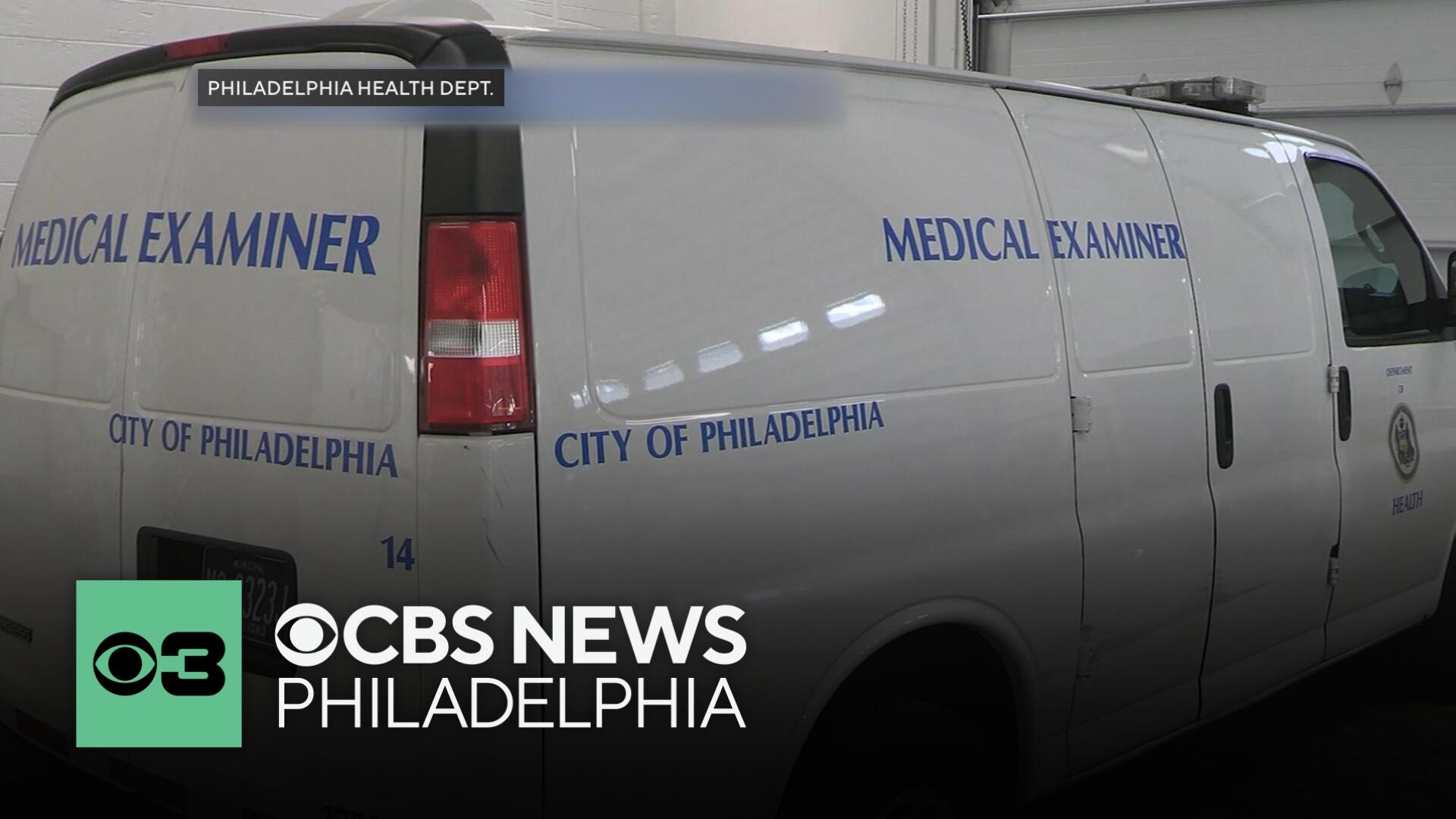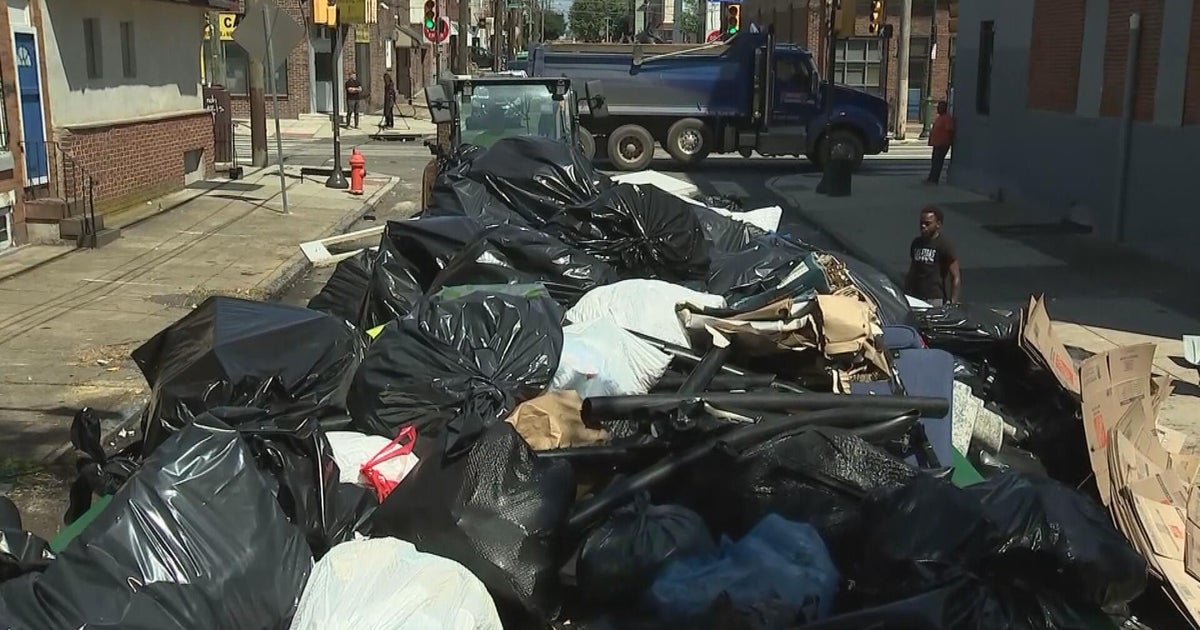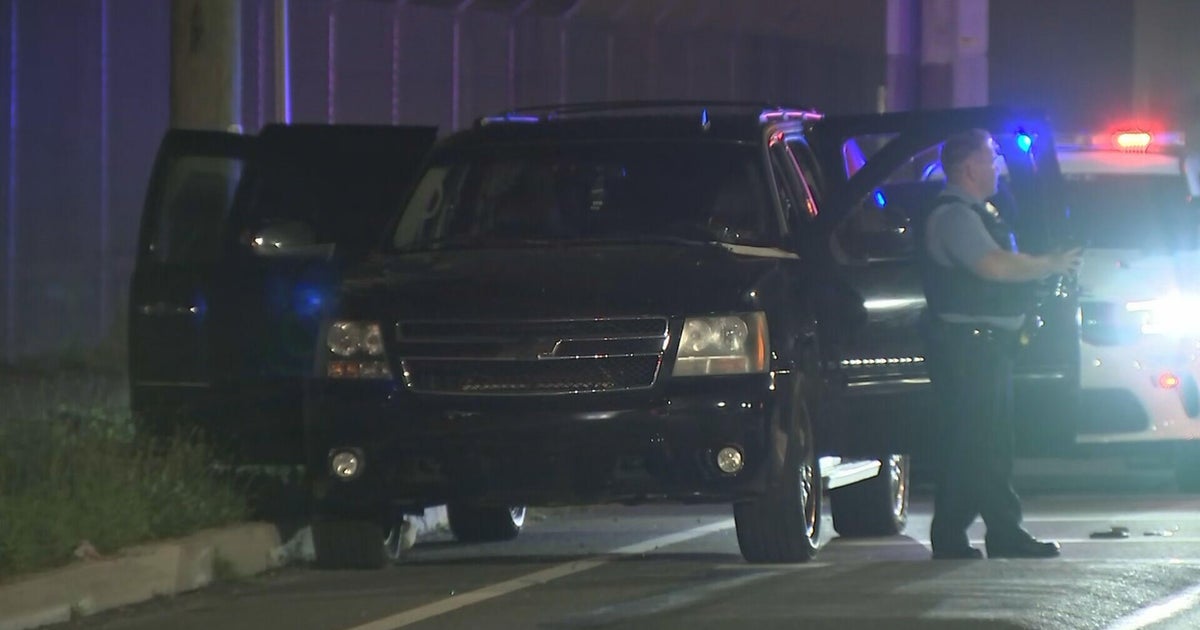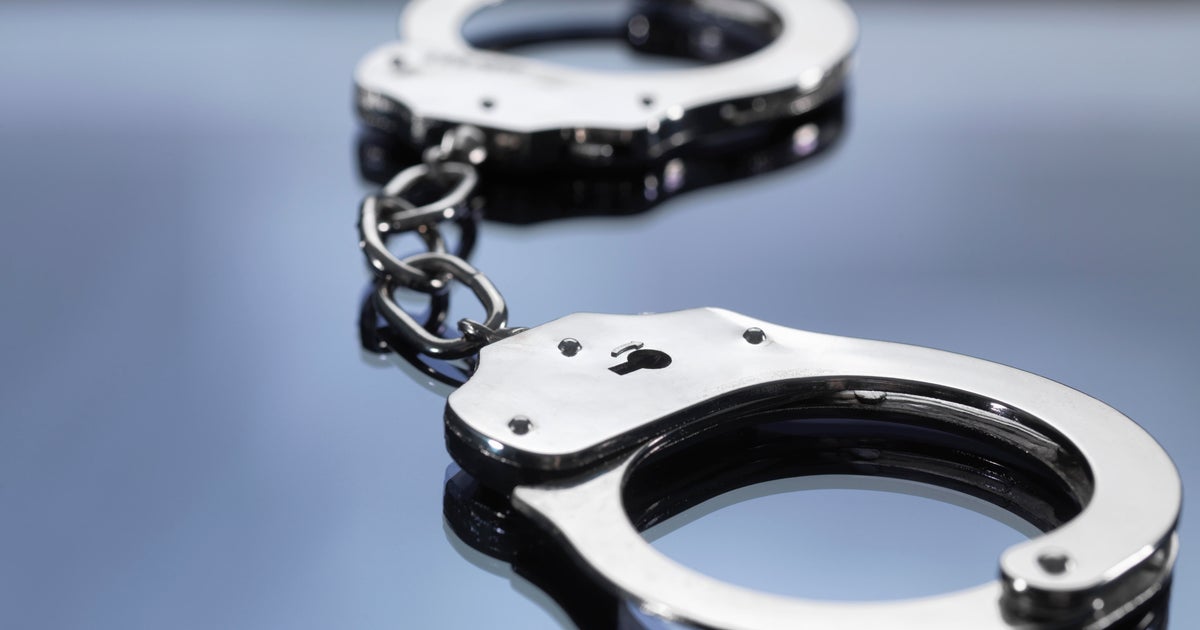Philly medical examiner's striking employees ordered back to work after city says morgue is getting crowded
Unionized employees in the Philadelphia Medical Examiner's Office must return to work, a judge ruled Thursday, after the city sought an injunction amid the ongoing AFSCME DC 33 strike, now in its third day.
In a court filing hours earlier on Thursday, attorneys for the city said cooled storage for dead bodies is getting crowded, and there is a "backlog" of cadavers that need to be examined in Philadelphia's morgue that has increased due to the strike.
The judge said the strike's inclusion of members of the medical examiner's office "creates a clear and present danger or threat to the health, safety or welfare of the public" and ordered staff to return by 3 p.m. Thursday.
"The Enjoined Employees will return to the full, faithful, and proper performance of their duties of employment at the MEO, and will cross any picket lines established by Defendants or any other person if necessary to complete the full, faithful, and proper performance of their duties of employment for the City and MEO," the ruling says.
More information was expected to be released in a 2 p.m. press conference from the city.
The strike began at 12:01 a.m. Tuesday, and soon after, every employee on the clock at the 24/7 office walked off the job, according to the city's court filing, which includes statements from Chief Medical Examiner Lindsay Simon.
The members on strike include medicological death investigators, forensic technicians and investigators, as well as clerical and service staff.
Since the strike, the cold storage in the office has been filling up with bodies, numbering 180 as of the morning of July 1.
"The MEO is currently operating over capacity with two bodies per bed," Simon wrote.
Simon added that in ideal conditions, the storage should contain no more than 160 bodies.
Not having the DC 33 employees working also means death investigations are delayed, which could increase the backlog further. This could also jeopardize the prompt transportation and refrigeration of bodies to the refrigerated storage areas, the document states.
"If MEO is unable to properly attend to the sudden, unexpected, and/or suspicious deaths within Philadelphia, there will be numerous dead bodies sitting in homes and on street corners without staff to transport them to the refrigerated morgue storage areas," the document reads.
They also note that dead bodies contain high volumes of bacteria and potentially live viruses, can attract insects and rodents that also carry viruses and bacteria, and pose a public health hazard when not properly handled.
DC 33 President Greg Boulware told CBS News Philadelphia the injunction is proof that the union's workers provide the most important functions of a city, and that the situation could be resolved by paying the workers an adequate wage. He urged the city to come back to the negotiating table and offer a fair wage to the union members.
Judges have sided with the city in previous injunction requests during this week's strike. After just one day, 911 dispatchers were ordered back to work as their services were deemed critical to the city's safety.
About 70 Philadelphia Water Department employees were also ordered to return to work via injunction. And a judge also granted an injunction compelling the union to stop picketing that was deemed disruptive to services.




